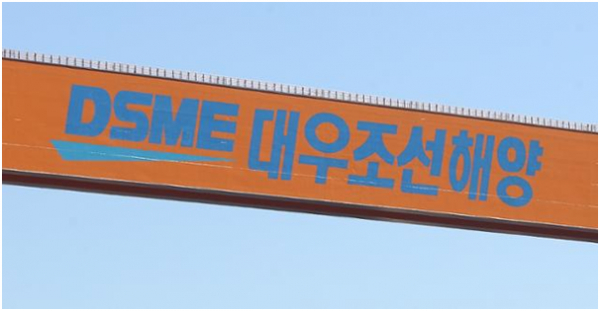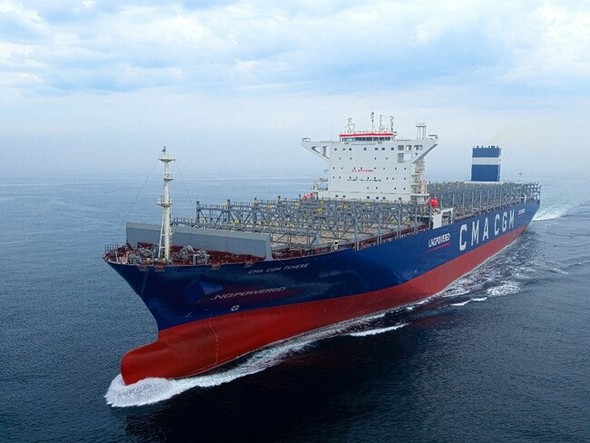

EU: Do not accept ‘Hyundai and Daewoo M & A’:
-Korea’s “Big 2” strategy failed-
-Daewoo Shipbuilding is forced to stand alone again-
Daewoo Shipbuilding:
Daewoo Shipbuilding has already extended the maturity of the loan. It was
There is no immediate effect on the cancellation of the acquisition.
The economy is good, and there are orders for 3 to 4 years.
The key is to be able to withstand without the investment of external capital. It was
However, overheating of low-price order competition is a concern again.
Privatization of Daewoo Shipbuilding:
In addition, the privatization of Daewoo Shipbuilding has returned to the beginning.
Daewoo Shipbuilding will be in the future
Under the control of the National Bank
I have to find a new buyer.
“It will hinder the reorganization of the Korean shipbuilding industry.”
Daewoo Shipbuilding Ocean
Creditor executives
“It won’t have a big impact on both companies,” he told the newspaper.
The Korea Development Bank creditors were at the end of last year
The maturity of 2 trillion won (193 billion yen) lent to Daewoo Shipbuilding has been extended until the end of this year.
Hyundai Heavy Industries:
The blank slate of this acquisition is not a small blow.
This is because the “chicken game” will be played again due to the competition for low-priced orders between Korean shipbuilding companies.
hankyoreh japan
http://japan.hani.co.kr/arti/economy/42278.html
DSME’s Financial Future Uncertain
As the planned merger between HHI Group and DSME has been canceled, DSME’s financial structure remains uncertain.
DSME is presumed to have suffered a net loss of 1.3 trillion won in 2021.
Sales fell nearly 40 percent in 2021 from a year earlier due to a severe shortage of work three to four years ago.
Its deficit snowballed due to the large-scale provisions prompted by a surge in steel plate prices.
Industry insiders say that
the sharp increase in steel plate prices dealt a particularly heavy blow to DSME.As of the third quarter of last year,
DSME’s debt ratio stood at 298 percent. It jumped by 130 percentage points from the end of 2020 (167 percent).Stock analysts estimate DSME’s net loss to reach 150 billion won in 2022.
Therefore, its debt ratio is expected to easily exceed 310 percent.
DSME’s biggest problem is that
its ability to raise cash to pay off debts is weakening.As of the third quarter of 2022,
DSME’s current ratio stood at 93 percent, with its quick asset ratio hitting 78 percent.The current ratio is calculated by subdividing current assets with current liabilities.
Hyundai Heavy Industries
posted a net loss of 350 billion won in the first half of 2021, but during the same period,
its debt ratio stood at 144 percent,
its liquidity ratio 133 percent,
and its quick asset ratio 117 percent.DSME posted US$10.8 billion in order intake in 2021, exceeding its order target of US$7.7 billion.
For this reason,
some observers say that its deficit is expected to shrink this year and finally, it will turn to a surplus (net profit of 50 billion won) from 2023.However, it takes two to three years
for orders to be reflected in actual sales, and considering short-term loans and shipbuilding costs,DSME is highly likely to face a liquidity crisis in 2022, analysts forecast.
In consideration of these concerns, state-run banks such as Korea Development Bank have provided DSME with a credit line of 2.9 trillion won.
Initially, HHI Group planned to improve DSME’s financial structure after acquisition.
But with the plan shattered,
DSME has been put into a situation where it has no choice but to ask the government to come to its rescue.– Businesskorea
http://www.businesskorea.co.kr/news/articleView.html?idxno=86149